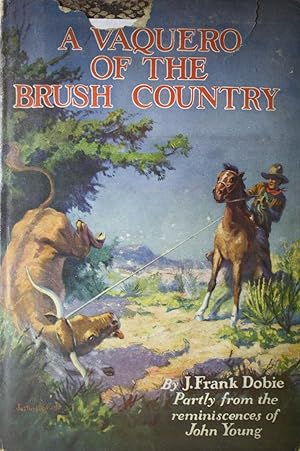And in 1878 there were sights in Fort
Griffin. Established eleven years before as an outpost against Indians, it
became soon after the battle of Adobe Walls, June 27th, 1874, headquarters for
thousands of butchers engaged in annihilating the “southern herd” of American
bison and also for cow men and cowboys engaged in establishing ranches on the
vast ranges that the slaughter of the buffalo and the attendant subjugation of
the Indians were leaving vacant. I have seen Hells Half Acre in Fort Worth but
here was Hells Half Hundred Acres. It was beyond all odds the worst hole that I
have ever been in. The population at this time was perhaps five thousand
people, most of them soldiers, gamblers, cow thieves, horse thieves, murderers,
wild women, Buffalo hunters, altogether the most mongrel and the hardest-looking
crew that it was possible to assemble. The fort proper and the big store were
up on a hill. The sights were down under the hill and the flats where every
house was either a saloon, a gambling den, or a dance hall, generally all three
combined. No man who valued his life would go here unarmed or step out alone into
the darkness. If about daylight he walked down to the river he might see a man
hanging from one of the cottonwood trees with a placard on his back saying, “Horse
Thief #8”-- or whatever the latest number was.
Written in 1929, this is a collection of reminisces
from cattleman-rancher John Young.
It is full of incident, shenanigans, tragedy, and
insight.
It may be non-fiction but those who are fans of
McMurtry and the historically accurate Benjamin Capps will likely find a lot to
love about this volume.
It is clear many a fine fiction writer delved into
such volumes.
Nothing dry about this tale.
Nonfiction that reads like a raconteur having his way
around a campfire.





No comments:
Post a Comment
Note: Only a member of this blog may post a comment.